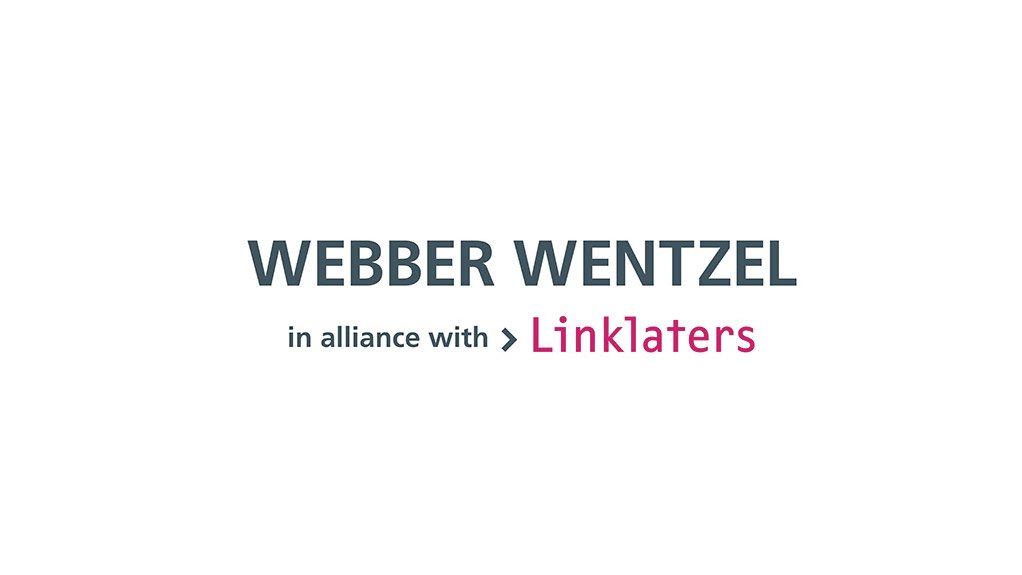Historically, mining activities have been excluded from the scope of the National Environmental Management Act, 1998 (NEMA). Environmental management of mining activities were primarily regulated through an Environmental Management Programme (EMPR) approved by the Minister of Mineral Resources under the Mineral and Petroleum Resources Development Act, (MPRDA). Confusion arose where other activities ancillary to the mining activities triggered listed activities under NEMA, requiring an Environmental Authorisation (EA), which was to be issued by the Minister of Environmental Affairs.
The 'One Environmental System' (OES) implemented on 8 December 2014 transitioned the regulation of the environmental aspects of mining operations from an EMPR under the MPRDA to an EA, including mining activities, under NEMA.
A key feature of the OES was the shift of authority to the Minister of Mineral Resources for the issuing of EAs under NEMA for mining and related activities, as well as the deletion of the EMPR regime in order to address the confusion around the overlaps of the EA and EMPR regimes. The Minister of Environmental Affairs retains authority over non-mining activities and is the appeal authority in respect of all EAs.
NEMA provides for the identification of the appropriate competent authority which sets that when listing activities which require an environmental authorisation, the competent authority to grant the approvals for each activity must be identified.
NEMA also provides that the Minister of Mineral Resources is the competent authority if the activity is directly related to "prospecting or exploration of a mineral or petroleum resource; or extraction and primary processing of a mineral or petroleum resource".
In line with NEMA, each of the Listing Notices 1, 2 and 3, as published in GN R983, 984 and 985 in Government Gazette 38282 of 4 December 2014, identify the appropriate competent authority in respect of each listed activity. On 7 April2017 the Listing Notices were amended to clarify that secondary processing are excluded from activities which require a prospecting right, mining permit, mining right and exploration right.
NEMA has not previously provided definitions for primary and secondary processing. A proposed definition of primary processing has been included in the National Environmental Management Laws Amendment Bill, 2015, as any process of mining, extraction, recovering, crushing, concentrating, screening, stripping or washing of a mineral resource or petroleum resource. Further, also on 7 April 2017, secondary processing was defined in the Listing Notices as activities which include smelting, beneficiation, reduction, refining, calcining or gasification of the mineral resource.
This has provided certainty and clarity in respect of the competent authority for activities which fall outside of the parameters of primary processing and confirms that the competent authority for such activities is the Minister of Environmental Affairs.
This delineation of mandates may lead to tension between the Department of Environmental Affairs and the Department of Mineral Resources when secondary processing is undertaken on a mining area. This is because the Department of Environmental Affairs retains a certain level of oversight over these activities. Therefore, it is important for mining companies to be aware of which activities fall within the definition of secondary processing as such activities remain under the jurisdiction of the Department of Environmental Affairs. As seen in the case of Mineral Sands Resources (Pty) Ltd v Magistrate for the District of Vredendal, the Department of Environmental Affairs has shown its intent to retain oversight where it can in respect of mining areas.
The distinction between primary and secondary processing presents certain commercial advantages which the mining industry should be aware of. In the current economic climate, many mining companies which undertake both primary and secondary processing are unbundling these assets for purposes of streamlining operations or disposals. The clear distinction between primary and secondary processing allows for a clear split of competency between authorities and avoids the complexities in transferring of authorisations, licences and permits where a disposal process contemplates only a partial disposal of assets. For example, prior the implementation of the OES, activities and assets in respect of secondary processing fell under the competency of the Minister of Mineral Resources due to their position on the mining area and connection to the mining and primary processing operations. If a mining company sought to dispose of such assets, it was unclear whether the regulation of such assets still lay with the Minister of Mineral Resources after the disposal. Undertaking an unbundling process under the OES presents a simpler way forward as it is clear that secondary processing operations fall under the jurisdiction of the Minister of Environmental Affairs.
Financial provisioning is also impacted as a result of the exclusion of secondary processing. Based on the current provisions of NEMA, mining companies which undertake secondary processing are not required to make provision for its secondary processing activities under its financial provisioning. Financial provisioning is specific to prospecting, exploration, mining or production and as such, it can be considered in this case that mining companies which undertake secondary processing do not need to make provision for such activities as secondary processing appears to be excluded from the purview of mining activities. This may be advantageous as the exclusion of secondary processing will reduce the quantum of financial provisioning that is required to be provided for.
The distinction between primary and secondary processing is a welcomed clarification in the environmental regulation of mining activities as it presents an opportunity for cost-savings in respect of financial provisioning, as well as certainty around the regulation of secondary processing, especially in unbundling scenarios. The practicalities around the implementation of the distinction between the jurisdictions of the Department of Environmental Affairs and Department of Mineral Resources may, however, cloud some of this apparent legal certainty.
Written by Tshegofatso Masilo (Candidate Attorney), Beatrix Spargo (Associate) and Garyn Rapson (Partner) of Webber Wentzel
EMAIL THIS ARTICLE SAVE THIS ARTICLE ARTICLE ENQUIRY
To subscribe email subscriptions@creamermedia.co.za or click here
To advertise email advertising@creamermedia.co.za or click here











